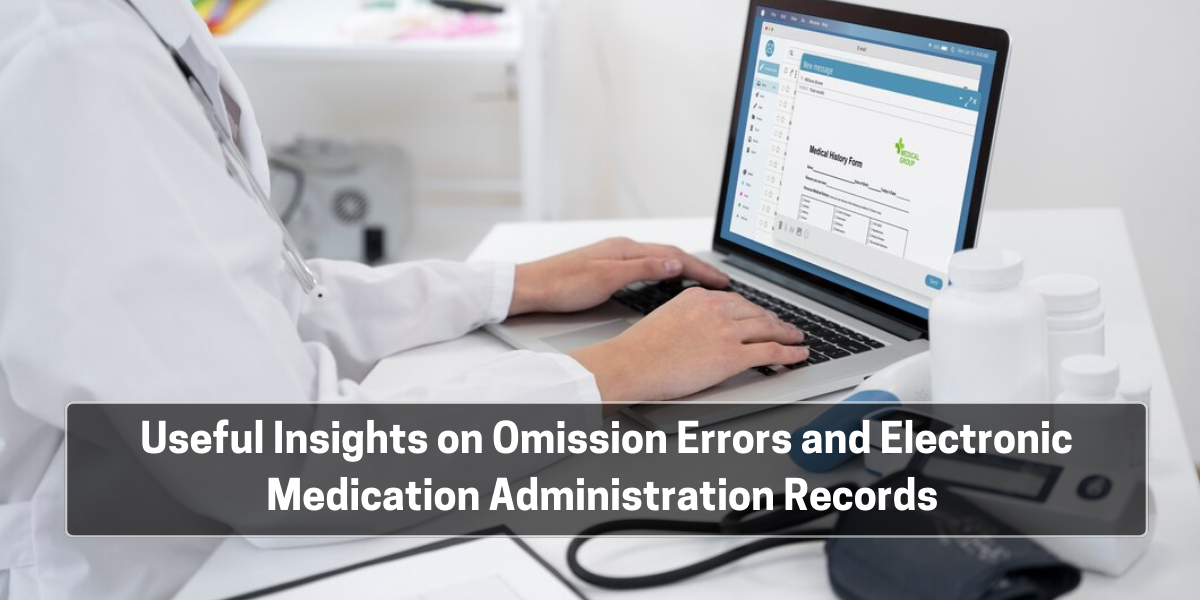Medication omission errors are a serious concern in healthcare facilities. They occur when a necessary medication is not provided to a patient due to various reasons such as incomplete prescription, lack of medication administration, or dispensing errors. These errors are particularly alarming when it involves “high-alert medications,” which are drugs that pose a significant risk of causing harm when used in error.
The consequences of medication omission errors can be severe and life-threatening. For instance, if a patient in a critical condition does not receive a prescribed anticoagulant or antibiotic at the required time, it can lead to fatal outcomes like cardiac arrest or severe sepsis. In addition, when patients do not receive necessary medications, it can lead to prolonged hospital stays, secondary complications, and increased healthcare costs. Therefore, it is essential for healthcare providers to prioritise medication safety and take appropriate measures to prevent medication omission errors. Here, we share some of the useful insights on omission errors and electronic medication administration records (eMAR):
eMAR are used in healthcare facilities to manage medication administration digitally, eliminating the need for traditional paper-based medication management. eMARs offer several benefits in reducing medication errors, including instant record-keeping of medication details such as time, dosage, and patient data, helping to prevent missed doses.
- Precise timestamping: eMARs automatically record the exact time a medication is administered, ensuring a current medication schedule and preventing overlaps or missed doses.
- Alerts and notifications: They issue reminders to the nursing staff for upcoming medication times. It is particularly useful in healthcare environments as the staff has to manage multiple patients and complex medication schedules.
- Comprehensive record-keeping: eMARs maintain detailed medication administration records, including dosages and patient information, aiding in rapidly identifying any missed medications.
- Error reduction in documentation: By digitising the medication administration process, eMARs minimise the human errors that can occur with manual entry, such as illegible handwriting or misplaced paperwork.
- Data-driven insights: eMARs enable healthcare providers to analyse medication administration data, which can reveal patterns or trends in omission errors.
- Improved communication: eMARs facilitate better communication among healthcare professionals.
Overall, eMAR systems enhance the accuracy, efficiency, and safety of medication administration in healthcare environments. With the use of eMARs, healthcare professionals can focus on providing quality care to their patients, while reducing the risk of medication errors. The implementation of eMARs in healthcare facilities can lead to a more streamlined medication administration process, reducing the burden on caregivers and ensuring patient safety.








I found this article very informative on omission errors and electronic medication administration records (eMARs). Omission errors are a serious concern in healthcare facilities, and eMARs can be a valuable tool in reducing them. Al CloudCare is a cloud-based eMAR system with a variety of features designed to prevent medication mistakes.